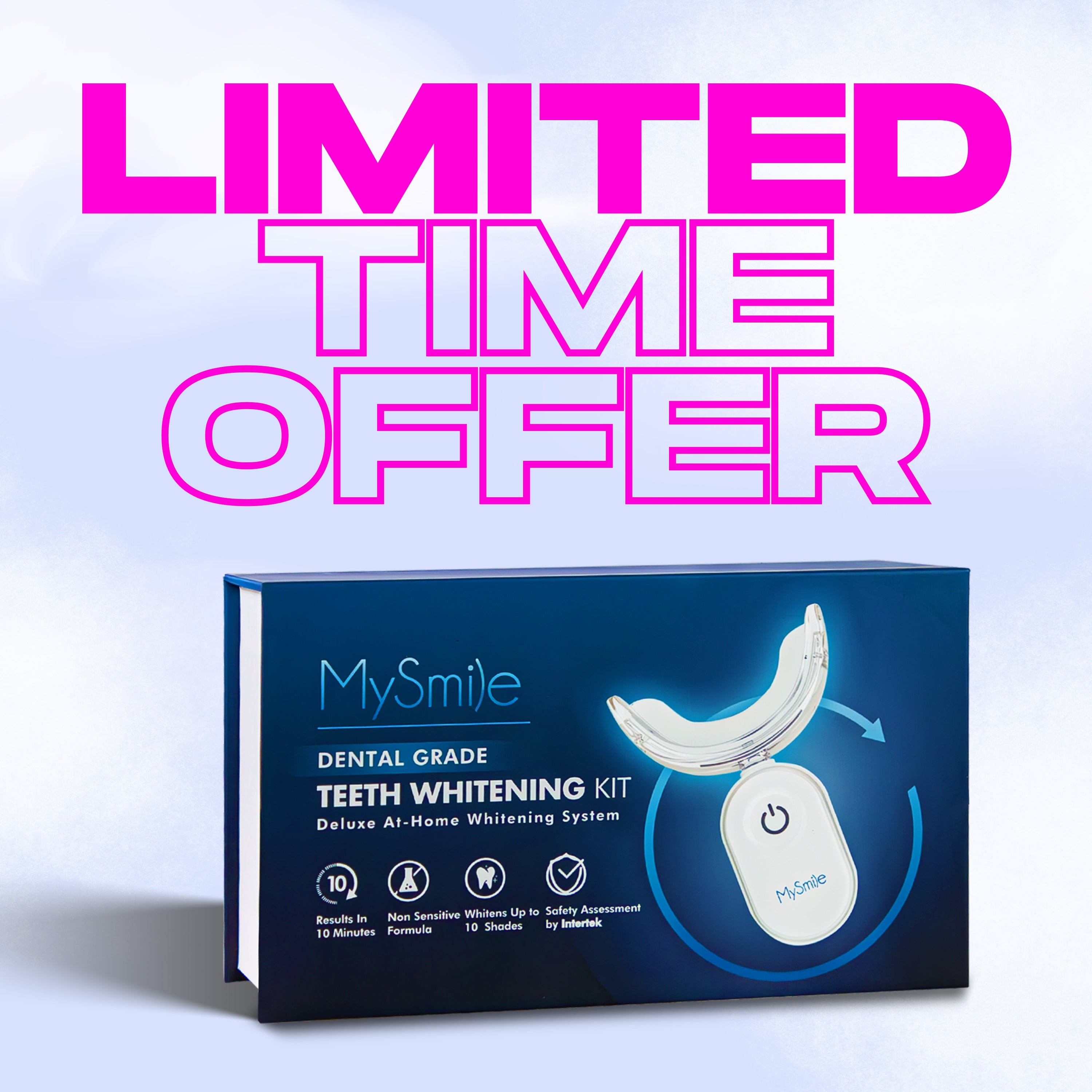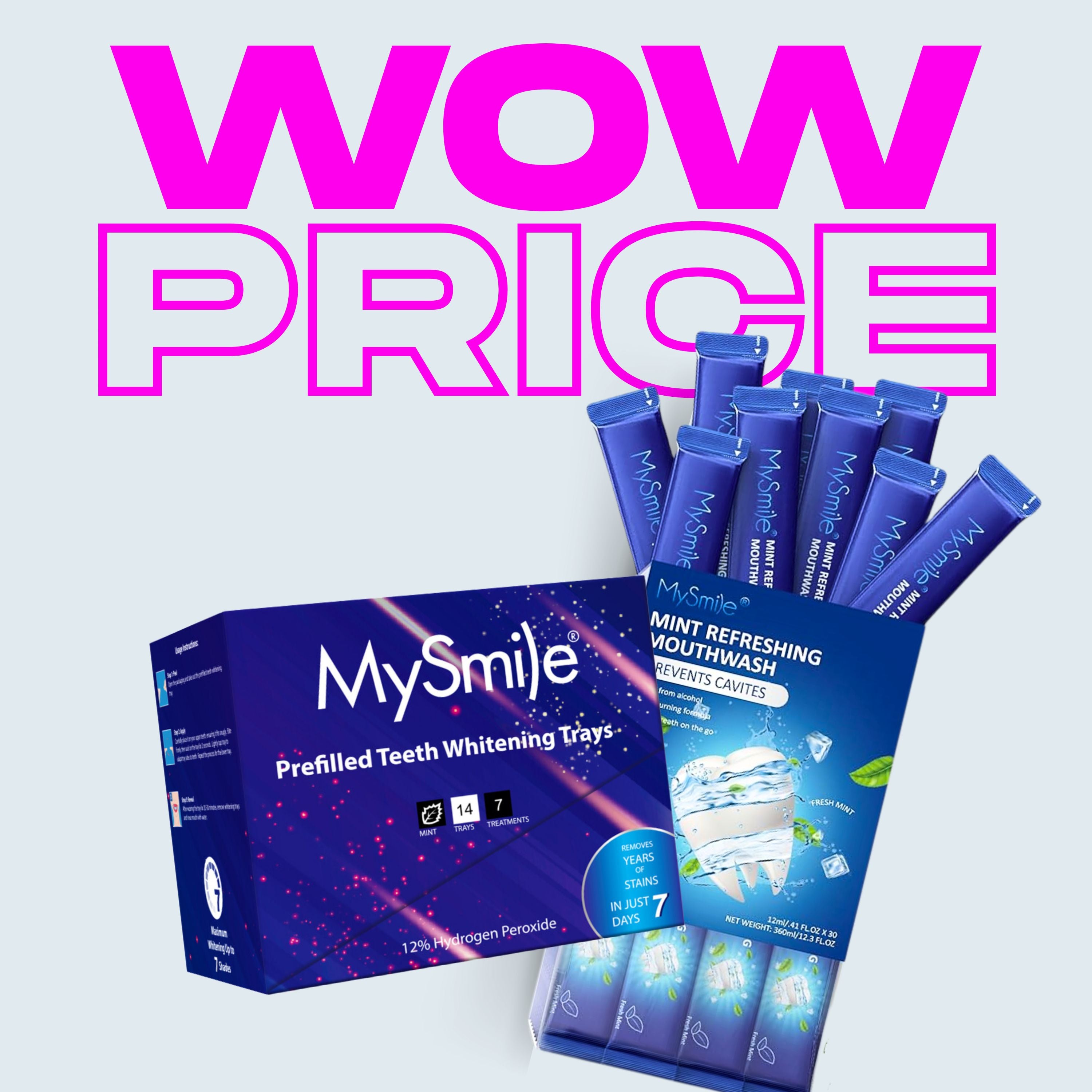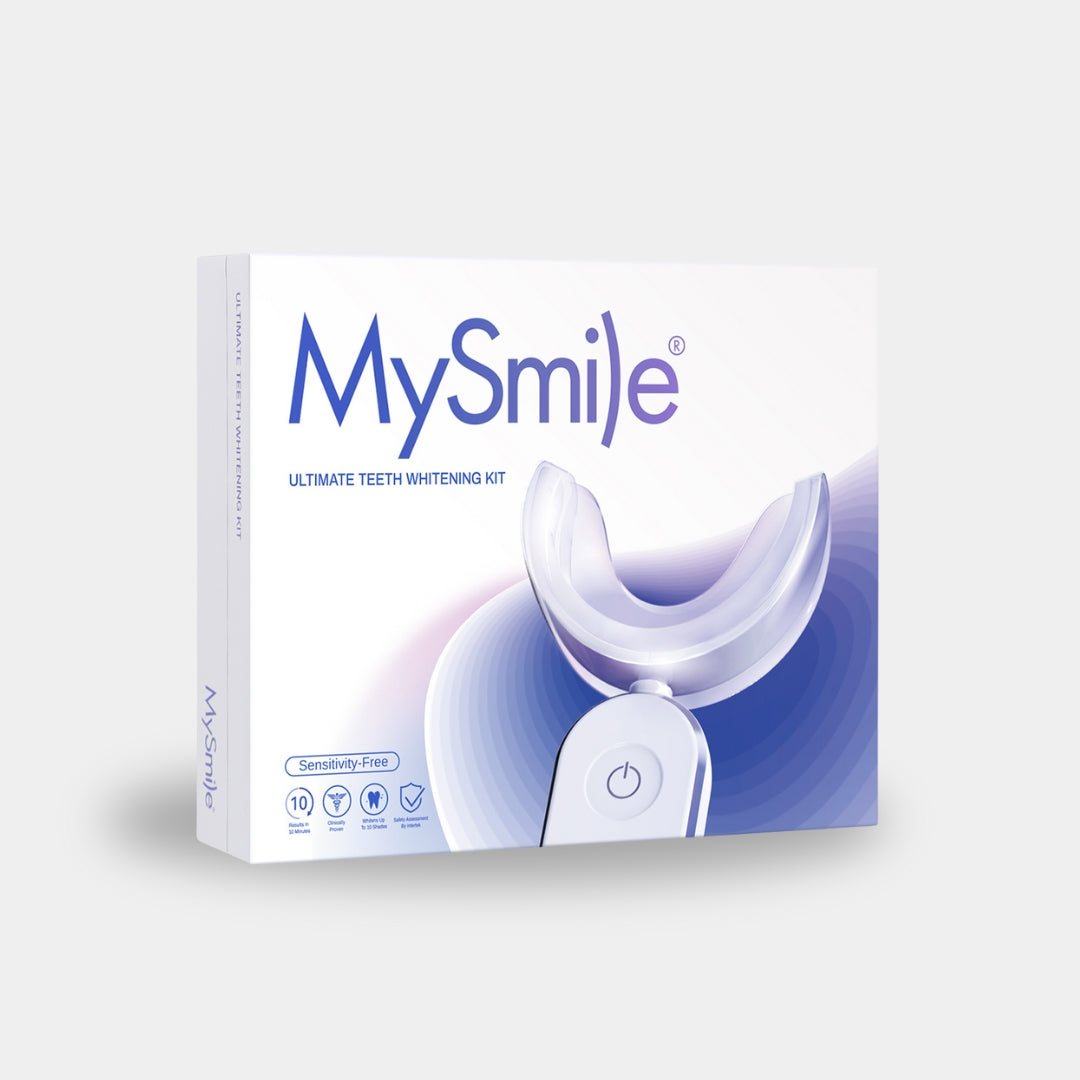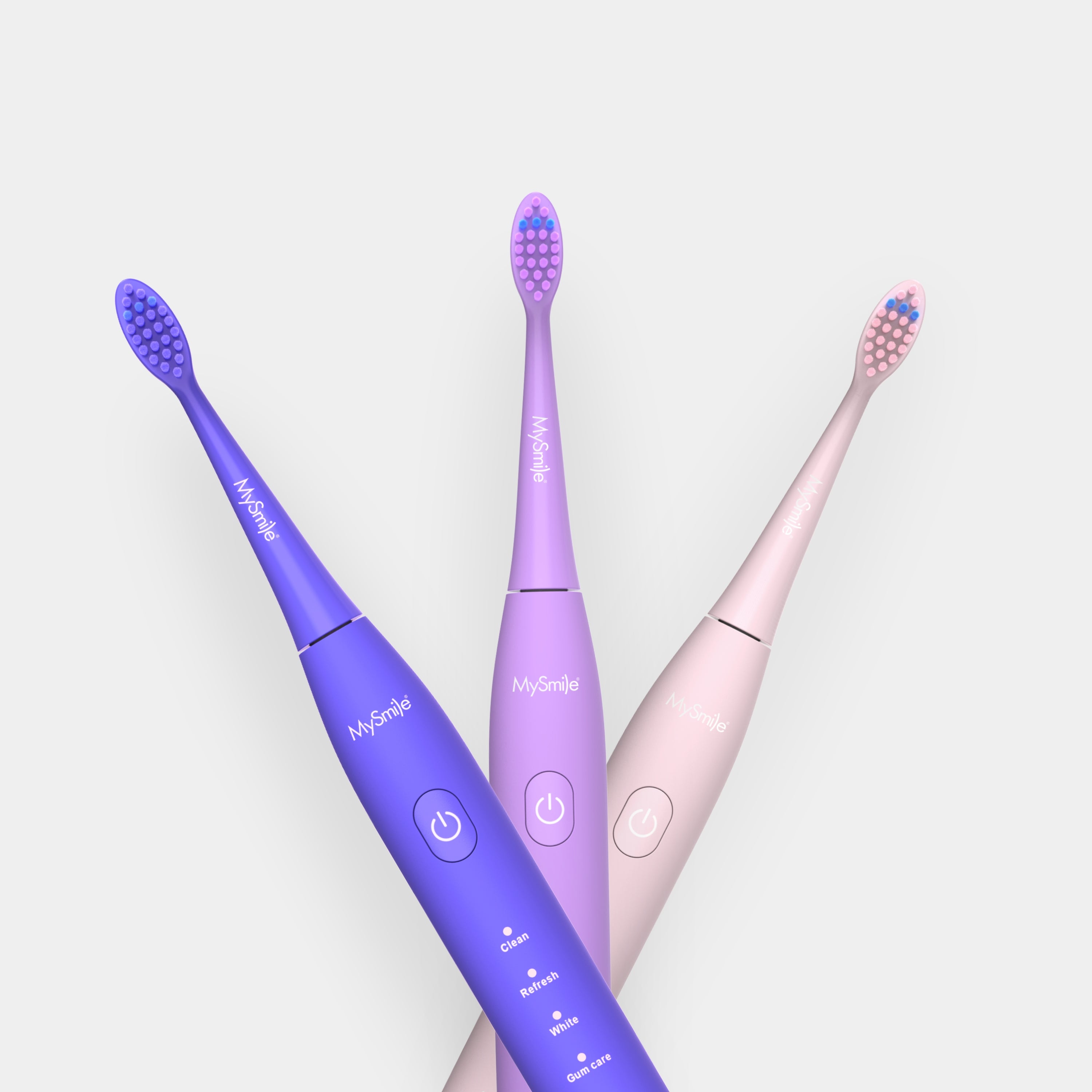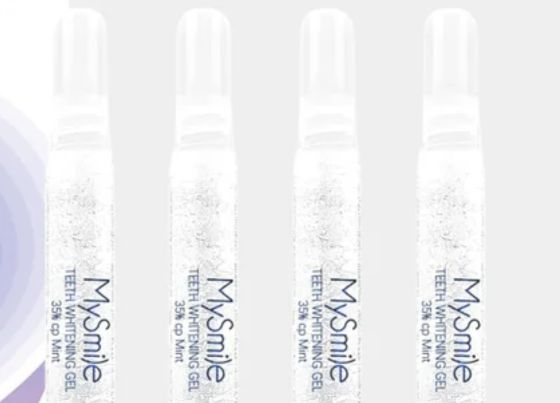Pregnancy is a time when expectant mothers are extra cautious about everything they put in or on their bodies, and rightly so. From food choices to skincare products, safety becomes the top priority. Among the many questions women ask during this phase, one that comes up frequently is: Can I use teeth whitening gel while pregnant?
This blog explores the topic in depth, considering both medical insights and dental recommendations to help you make informed decisions.
Understanding Teeth Whitening Gel
Teeth whitening gels are popular cosmetic dental products designed to remove stains and lighten the color of teeth. These gels usually contain active ingredients such as carbamide peroxide or hydrogen peroxide, which help break down stains on the enamel. They are typically applied via custom trays, strips, pens, or combined with LED lights for enhanced results.
While these gels can be effective for improving the appearance of your smile, their use during pregnancy raises several safety concerns.
Related Blog: How to use teeth whitening gel syringes?
Are Teeth Whitening Gels Safe During Pregnancy?
There is currently no definitive research proving that Teeth Whitening Gels are harmful to pregnant women or their babies. However, due to the lack of clinical trials and safety data, most medical and dental professionals recommend avoiding teeth whitening treatments during pregnancy, particularly during the first trimester when the baby’s vital organs are forming.
Hydrogen peroxide and carbamide peroxide, the most common ingredients in whitening gels, are not known to be severely toxic. However, these substances may be absorbed through the oral mucosa and could theoretically enter the bloodstream. Although the amounts are typically minimal, the absence of controlled data makes it difficult to assure complete safety.
In addition, pregnant women often experience heightened tooth and gum sensitivity due to hormonal changes, a condition known as pregnancy gingivitis. Using whitening gels may aggravate this sensitivity or cause further irritation to the gums.
Ingredients to Be Cautious About
When evaluating the safety of a teeth whitening products during pregnancy, consider the following ingredients:
-
Hydrogen Peroxide: Commonly used for its bleaching effect. Can cause gum irritation and tooth sensitivity.
-
Carbamide Peroxide: Breaks down into hydrogen peroxide and urea; considered more stable but still potentially irritating.
-
Sodium Hydroxide: Sometimes added to stabilize pH levels. May be too harsh for sensitive gums.
-
Artificial Flavors and Dyes: These additives may not be harmful in small amounts but can sometimes trigger allergies or sensitivities.
It’s essential to read product labels and consult your dentist before using any whitening gel or treatment while pregnant. Read more about Curious about the safety of whitening your smile while expecting? Don’t miss our blog on Whitening Teeth During Pregnancy for expert tips and guidance.
Recommendations from Dental and Medical Experts
Most dentists and obstetricians recommend postponing elective cosmetic dental procedures, including teeth whitening, until after pregnancy or breastfeeding. Here’s what many experts suggest:
-
Avoid teeth whitening during the first trimester, which is the most critical phase for fetal development.
-
If you must undergo any dental treatment, aim for the second trimester, when it is generally considered safer for both the mother and the baby.
-
Focus on maintaining oral hygiene with regular brushing, flossing, and professional cleanings instead of cosmetic treatments.
Professional cleanings are not only safe but encouraged during pregnancy to prevent gum disease, which has been linked to preterm labor and other complications.
Related Blog: Should you brush your teeth after whitening gel?
Safer Alternatives to Teeth Whitening During Pregnancy
If you’re concerned about discoloration or stains on your teeth during pregnancy, there are several safer alternatives you can consider:
-
Use Non-Peroxide Whitening Toothpaste
These toothpastes use gentle abrasives and stain-lifting agents without harsh chemicals. -
Try Baking Soda and Water
A mild paste made from baking soda and water can help polish teeth naturally. -
Oil Pulling with Coconut Oil
An age-old natural method that may help reduce bacteria and surface stains. -
Limit Stain-Causing Foods and Drinks
Reduce intake of coffee, tea, red wine, and berries, which can discolor teeth over time. -
Increase Water Intake
Rinse your mouth with water after meals to help prevent staining.
While these alternatives won’t deliver the dramatic whitening results that peroxide gels might, they are safer and more appropriate for use during pregnancy.
What About LED Whitening Kits?
LED teeth whitening kits have become popular for at-home use, often marketed as safe and effective. While the LED light itself is not a concern, the gels used with these kits typically contain hydrogen or carbamide peroxide. Therefore, the same precautions apply. Without solid data confirming safety, it’s better to avoid using these kits until after pregnancy.
Can I Use Whitening Gel While Breastfeeding?
The safety of using whitening gels while breastfeeding is also unclear due to limited research. While it is less likely that ingredients would pass into breast milk, many professionals continue to advise caution and suggest delaying whitening treatments until the breastfeeding period is over. Read our detailed guide to learn how to use teeth whitening gel.
Final Thoughts
While there is no conclusive evidence that teeth whitening gels are harmful during pregnancy, the lack of sufficient data prompts many medical and dental professionals to recommend against their use until after childbirth and breastfeeding. During pregnancy, your focus should be on maintaining excellent oral hygiene and using safer alternatives to enhance the appearance of your teeth.
MySmile teeth whitening products are known for their effectiveness, quality ingredients, and easy-to-use application methods. However, like most whitening systems that contain peroxide-based gels, they are best reserved for use after pregnancy. MySmile offers a range of options that deliver noticeable results, and for expecting mothers planning ahead, these products can be a great choice for restoring brightness safely once it’s medically appropriate to do so. Always follow label instructions and consult with your healthcare provider to ensure the right timing and product choice for your unique situation.
For the healthiest outcome, consult your dentist and OB-GYN before beginning any dental treatment or using any whitening products. A white smile can wait—your health and your baby’s well-being come first.
Frequently Asked Questions
Q1. Is teeth whitening during pregnancy completely unsafe?
Not necessarily, but due to the lack of safety studies and the potential for gum irritation or systemic absorption, it's generally advised to postpone until after pregnancy.
Q2. Can I get a professional cleaning at the dentist while pregnant?
Yes. In fact, it’s highly recommended to maintain dental checkups and cleanings during pregnancy to prevent gum disease and oral infections.
Q3. Will pregnancy discolor my teeth?
Hormonal changes may increase plaque buildup, which can lead to surface stains. However, discoloration is not directly caused by pregnancy. Good oral hygiene helps maintain a clean smile.

